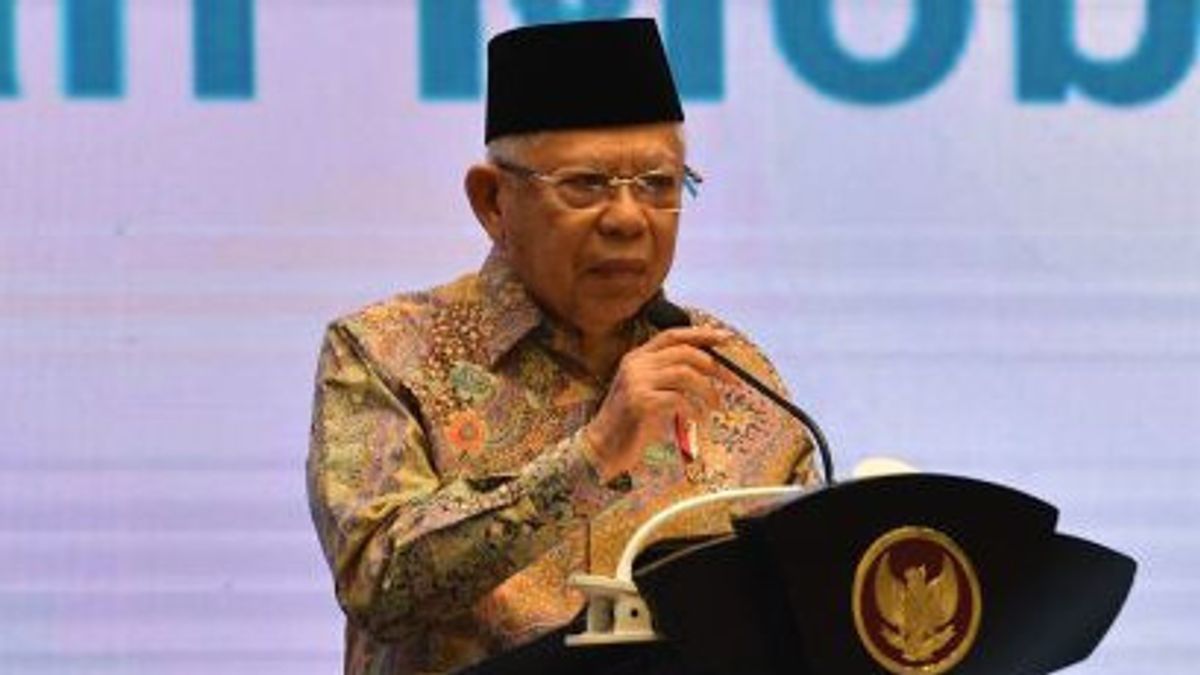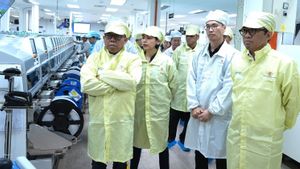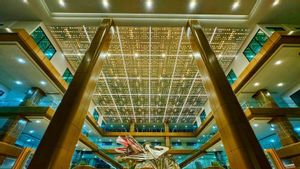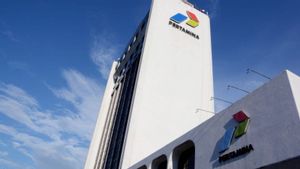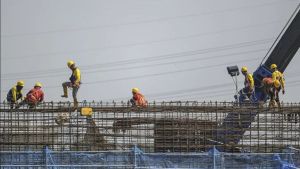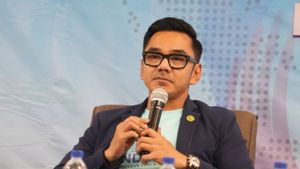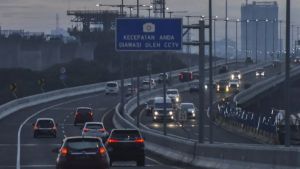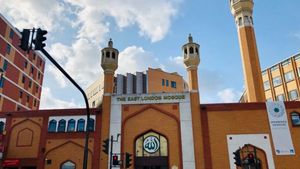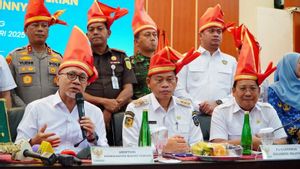JAKARTA - Vice President (Vice President) Ma'ruf Amin said the implementation of a smart transportation system in the country is an effort in equitable distribution and improvement of a safe, affordable, and environmentally friendly transportation system.
"Efforts to equalize and increase access to a safe, affordable, and environmentally friendly transportation system to the public certainly need to be a focus of attention. This can be achieved by utilizing technological developments in the transportation sector, one of which is through a smart transportation system," said the Vice President when giving a speech at the opening of The 19th Intelligent Transport System (ITS) Asia Pacific Forum 2024 at the Jakarta Convention Center (JCC), Jakarta, quoted from Antara, Tuesday, May 28.
Efforts to implement a smart transportation system, said the Vice President, also need to be carried out in line with the increasing population and also the increasingly complex global challenges facing the world's population.
"Some issues such as population density, environmental damage, and disruption of information technology demand innovative solutions. The high level of urbanization has also increased economic and social inequality in urban areas to the inequality of transportation facilities that can affect the quality of life of the community," said the Vice President.
He hopes that the smart transportation system will not only be the answer to the increasing mobility of urban communities, but also be able to reduce congestion, greenhouse gas emissions, and energy consumption and improve safety.
According to the Vice President, the development of technological innovation in the transportation sector is believed to increase cost efficiency, time, and connectivity so as to encourage growth in economic activity.
"For this reason, technological innovation in the transportation sector is an urgent need that we must immediately do together," said the Vice President.
On the same occasion, Minister of Transportation (Menhub) Budi Karya Sumadi said that the world's population continues to grow very rapidly, with the majority of the population living in urban areas.
By 2050, it is estimated that two-thirds of the world's population will live in urban areas.
SEE ALSO:
"This presents challenges for the transportation sector, such as traffic congestion, accidents, hampered goods transport services, and carbon gas pollution," he said.
Therefore, according to Budi, a smart transportation system can overcome these problems by using various technologies.
"The smart transportation system can help us overcome the challenges of rapid urbanization, climate change, and technological advances. This system offers efficiency, safety, and sustainability in the movement of people and goods," said the Minister of Transportation.
The English, Chinese, Japanese, Arabic, and French versions are automatically generated by the AI. So there may still be inaccuracies in translating, please always see Indonesian as our main language. (system supported by DigitalSiber.id)
